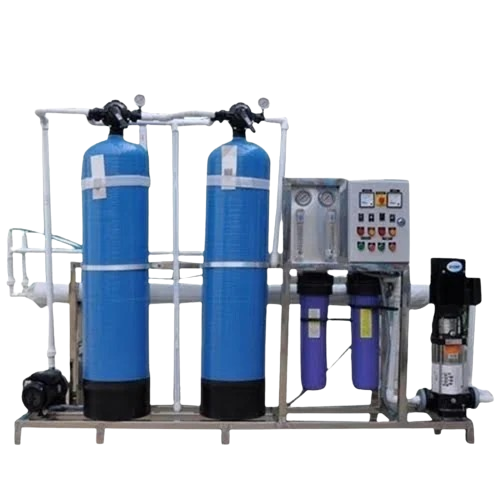Water Plant
We are constantly concerned about the health of our pupils, therefore we always have clean water available. Every life form on Earth need water as a basic necessity. We can live comfortably on this world because to water. Water is a very vital substance for humans because it makes up 70% of our bodies.
Having a water plant in schools serves several important purposes:
Access to Clean and Safe Drinking Water: A water plant ensures that students have access to clean and safe drinking water throughout the school day. This promotes their health and well-being, as proper hydration is crucial for optimal cognitive function and overall physical health. Having a reliable source of drinking water within the school premises eliminates the need for students to bring water from home or rely on potentially unsafe alternatives.
Hygiene and Sanitation: Clean water is essential for maintaining proper hygiene and sanitation in schools. Students can use the water from the plant to wash their hands regularly, reducing the spread of germs and preventing illnesses. It also enables schools to maintain clean and hygienic restroom facilities, as water is readily available for flushing toilets and maintaining cleanliness.
Environmental Consciousness: A water plant can promote environmental consciousness among students. Instead of relying on single-use plastic bottles, students can refill their reusable water bottles from the water plant. This reduces plastic waste and encourages sustainable practices, contributing to a greener and more eco-friendly school environment.
Educational Opportunities: The presence of a water plant can create educational opportunities for students. Teachers can incorporate lessons on water conservation, the importance of clean water, and sustainable practices into the curriculum. Students can learn about the water treatment process, the significance of preserving water resources, and the global water crisis. These lessons foster environmental awareness and encourage students to become responsible citizens.
Emergency Preparedness: In case of emergencies or natural disasters that disrupt the regular water supply, a water plant in schools can be a valuable asset. It ensures that students and staff have access to clean water, even during challenging circumstances. This promotes the safety and well-being of everyone on the school premises during unexpected situations.
Community Impact: A water plant in schools can extend its benefits beyond the student population. It can serve as a community resource, providing access to clean drinking water for events, meetings, or other activities held within the school premises. This promotes community engagement and highlights the school’s commitment to the well-being of its students and the broader community.
In summary, having a water plant in schools provides clean and safe drinking water, promotes hygiene and sanitation, encourages environmental consciousness, creates educational opportunities, enhances emergency preparedness, and can benefit the wider community. It contributes to the overall health, well-being, and sustainability of the school environment.

